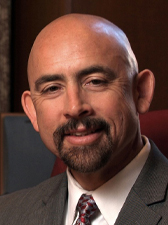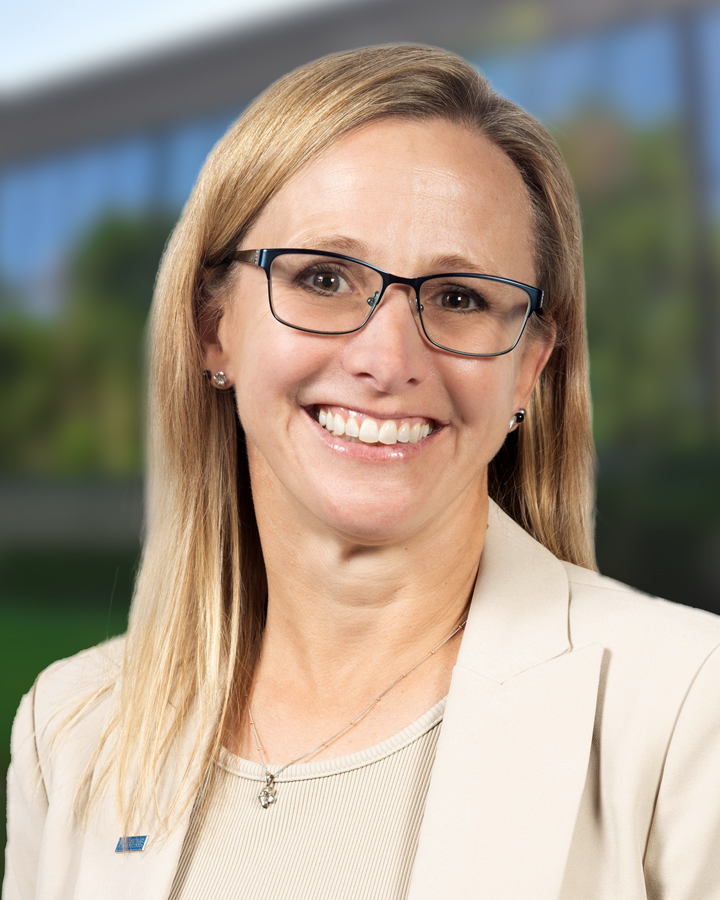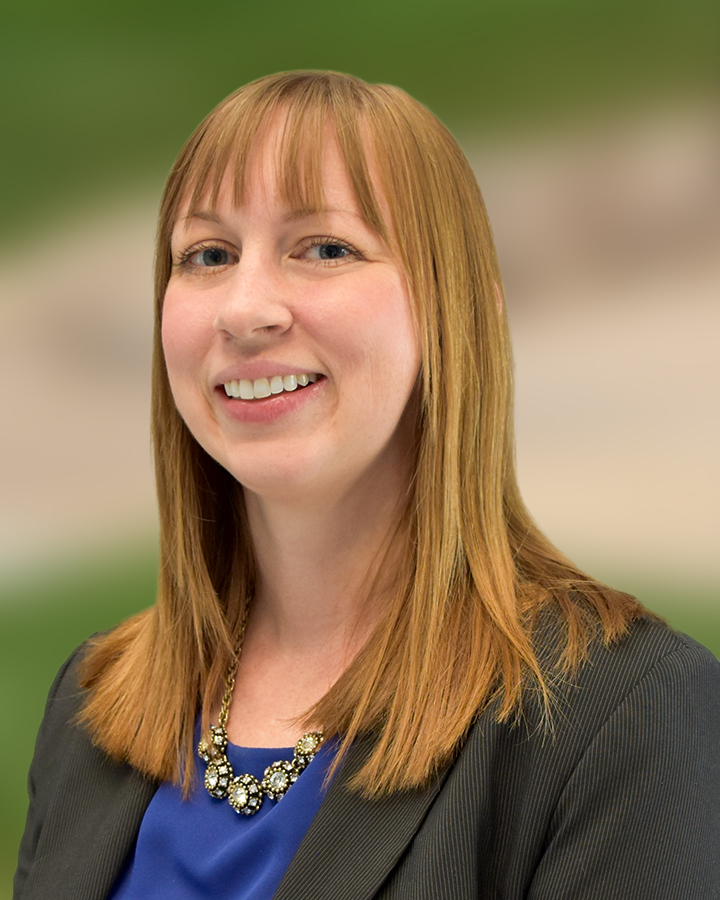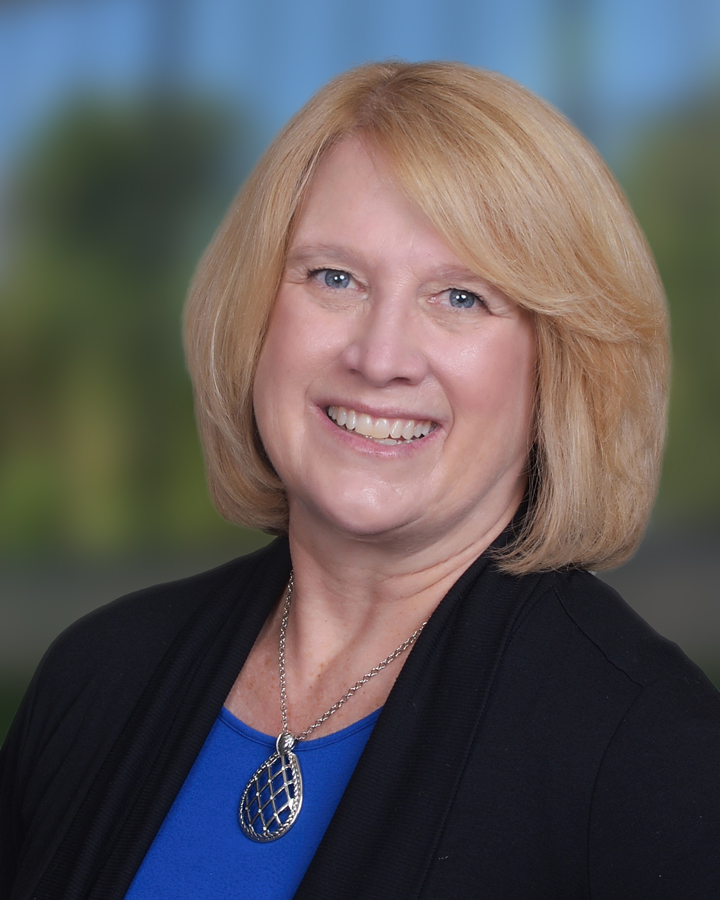Western Academic Leadership Forum Sidebar
2017 Annual Meeting
Full Program
Packet Contents
- Program
- Program Participant List
- Forum Member List
- Forum Executive Committee Agenda
- Forum Membership Meeting Agenda
- Instructions for Lightening Round Sessions
- Western Academic Leadership Academy
WEDNESDAY, APRIL 26
Location: Sheraton Salt Lake City Hotel
8:30 a.m. – 5 p.m.
Registration Open
9 a.m. – noon
Western Academic Leadership Academy: 2016 Cohort Convening
noon – 1 p.m.
Lunch for Academy and Executive Committee
1 p.m. – 4:30 p.m.
Executive Committee Meeting (executive committee members only)
5:30 – 6:30 p.m.
Reception
Joe Garcia
2017 Forum Annual Meeting Speaker, Past WICHE president (2016-2018)
Joe Garcia
2017 Forum Annual Meeting Speaker, Past WICHE president (2016-2018)

6:30 – 8:30 pm
Dinner, Welcome and Keynote – Improving Lives, Growing our Economy, and Strengthening our Democracy
We are living in challenging times, but also times of great promise. As never before, we have the opportunity to make a difference in the lives of millions of students from very diverse backgrounds in socio-economic class, academic preparation, interests, and abilities. We are finding new ways to more effectively serve our increasingly diverse population. In doing so, we are not only improving their lives and earning capacity, we are also building our communities and increasing our economic competitiveness. Just as importantly, we are developing engaged citizens who will chart the path for the future of our nation – from how we value one another, to the importance of education, to our responsibility in ensuring world peace and planet sustainability. As academic leaders, we could not have a more important role. Now is the time for us to press forward with renewed energy and more determination than ever before!
Introducer: Teddi Safman, Utah System of Higher Education
Teaching Big and Small: Creating Transformational Learning for Our Students:
AUDIO
THURSDAY, APRIL 27
7:30 am – 5:00 pm
Registration Open
7:30 – 8:15 am
Breakfast
8:15 – 8:30 am
Welcome to Utah
David Buhler, Commission of Higher Education, USHE
Meeting Overview
Teddi Safman
James Lang
2017 Forum Annual Meeting Speaker, Assumption College (MA)
James Lang
2017 Forum Annual Meeting Speaker, Assumption College (MA)
James M. Lang is a professor of English and director of the Center for Teaching Excellence at Assumption College in Worcester, Massachusetts. He is the author of Small Teaching: Everyday Lessons from the Science of Learning (2016) and Cheating Lessons: Learning from Academic Dishonesty (2013). He writes a monthly column on teaching and learning for the Chronicle of Higher Education. He has a B.A. from the University of Notre Dame, an M.A. in English from St. Louis University, and a Ph.D. in English from Northwestern University.

8:30 – 9:30 am
Teaching Big and Small: Creating Transformational Learning for Our Students
Improving teaching at the college and university level requires both a vision for the future and practical strategies for implementation. If we pay close attention to new research from the learning sciences, it can help us both articulate long-range objectives and identify the pathways forward. Creating deep, transformational learning experiences for our students requires creative thinking about the role of the university in the community and new visions of the roles that students play in our courses.
Introducer: Gail Burd, University of Arizona
9:30 – 9:45 am
Break
9:45 – 10:45 am
Making Assessment Matter to Faculty and Students: Supporting the Design and Use of Effective Assignments
National surveys of campus work on the assessment of student learning outcomes point to the need for greater faculty engagement. This challenge comes with high stakes since assessment is unlikely to make a difference for students if faculty members are not engaged. Accordingly, the National Institute for Learning Outcomes Assessment (NILOA) has been working with campuses to develop and use more intentionally designed assignments as a way to make assessment a more powerful engine for improvement.
Moderator: Loren Blanchard, California State University Office of the Chancellor
Speakers:
Pat Hutchings
2017 Forum Annual Meeting Speaker, National Institute for Learning Outcomes Assessment
Pat Hutchings
2017 Forum Annual Meeting Speaker, National Institute for Learning Outcomes Assessment
Pat Hutchings is a senior scholar with the National Institute for Learning Outcomes Assessment (NILOA). Her work has focused on a variety of strategies for creating a campus culture of teaching and learning: student learning outcomes assessment, assignment design, integrative learning, the peer collaboration and review of teaching, and the scholarship of teaching and learning. Prior to her work with NILOA she was senior scholar and vice president at The Carnegie Foundation for the Advancement of Teaching. She received her B.A. from Northwestern University and a Ph.D. in English from the University of Iowa.

Natasha Jankowski
2017 Forum Annual Meeting speaker, National Institute for Learning Outcomes Assessment
Natasha Jankowski
2017 Forum Annual Meeting speaker, National Institute for Learning Outcomes Assessment
Natasha Jankowski is director of the National Institute for Learning Outcomes Assessment (NILOA) and a research assistant professor with the department of education policy, organization and leadership at the University of Illinois Urbana-Champaign. She has served NILOA in one role or another since its formation in 2008 and previously worked with the Office of Community College Research and Leadership (OCCRL). Jankowski received her B.A. in philosophy from Illinois State University and an M.A. in higher education administration from Kent State University. She received her Ph.D. in higher education from the University of Illinois.

10:45 – 11:00 am
Break
11:00 am – 12:15 pm
The Dilemma of Defining Academic Quality
Academic quality is part of virtually every university strategic plan as well as the central focus of accreditation standards. In the past, this has often been defined by a series of input measures such as the percentage of faculty with terminal degree. Today, the call is to identify output measures – but which ones? This session will discuss how institutions and systems can define and be held accountable for academic quality in a sea of uncertainty with multiple constituents, and the role of the provost in meeting that challenge.
Moderator: Jim Moran, University of South Dakota
Speakers:
Linda George
2017 Forum Annual Meeting speaker, Portland State University (OR)
Linda George
2017 Forum Annual Meeting speaker, Portland State University (OR)
Linda George is a professor of environmental science and management department at Portland State University. Her research and teaching interests involve the modeling and measurements of urban air pollutants and the intersection of environmental justice, gender and class as it influences policy in air quality and climate science. She has been active in shared governance throughout her career, serving on many faculty senate leadership committees. Currently, she is the chair of the newly formed faculty senate academic quality committee. George received her B.S. in chemistry from Loyola University of Chicago and her Ph.D. in environmental science/chemistry from Portland State University.

Norman Jones
2017 Forum Annual Meeting speaker, Utah State University
Norman Jones
2017 Forum Annual Meeting speaker, Utah State University
Norman Jones is professor of history at Utah State University and chair of the Utah Regents’ Task Force on General Education. He is senior fellow of the Association of American Colleges and Universities, the chair of the College Board Advanced Placement Higher Education Advisory Council, and a member of the Lumina Foundation’s Degree Qualifications Profile/Tuning Advisory Group. He is the former director of general education and curricular integration at Utah State University, where he was head of history for eighteen years. For nineteen years he has organized the Utah System of Higher Education’s “What is an Educated Person?” conference on general education issues.

LINDA GEORGE | PRESENTATION
NORM JONES | PRESENTATION
AUDIO
12:15 – 1:15 pm
Awards Luncheon
The Academic Leaders Toolkit – a joint project of the Forum and the Western Alliance of Community College Academic Leaders – will announce the winner of this year’s competition.
Presenter: Joe Cline, University of Nevada, Reno
1:15 – 1:30 pm
Break
1:30 – 2:30 pm
The Call for Race, Equity and Inclusion
In 2016 campuses saw a call, and in some cases demands, for greater accountability for culturally relevant pedagogy, equitable classroom climate, culturally specific resources and greater faculty diversity. How do we as provosts ensure that we are attuned to implicit biases, curricular reform and hiring and retention practices?
Moderator: Sona Andrews, Portland State University (OR)
Speakers:
Debra Daniels
2017 Forum Annual Meeting speaker, University of Utah
Debra Daniels
2017 Forum Annual Meeting speaker, University of Utah
Debra Daniels, LCSW, has been the assistant vice president for Women’s Enrollment Initiatives since 2014 while concurrently serving as the director for the Women’s Resource Center since 2003, both at the University of Utah. She is responsible for overseeing all operations while creating innovative partnerships that positively impact the full range of experiences for women as they pursue their educational and professional goals. Prior to that, Daniels was executive director of client services at the Rape Recovery Center and director of prevention services at the YWCA of Salt Lake City. Daniels has spent a number of years working on issues related to women, non-violence and social justice both in the community and academic setting. An activist and advocate, she continues to be a voice for those who have been marginalized in political, educational and social justice dialogue.

Luz María Gordillo
2017 Forum Annual Meeting speaker, Washington State University Vancouver
Luz María Gordillo
2017 Forum Annual Meeting speaker, Washington State University Vancouver
Luz María Gordillo is associate professor and program leader in the department of critical culture, gender, and race studies at Washington State University Vancouver. She’s the author of Mexican Women and the Other Side of Immigration: Engendering Transnational Ties. Gordillo collaborated in publishing Three Decades of Engendering History: Selected Works of Antonia I. Castañeda. Gordillo’s current work investigates gendered assumptions during the tenure of the Eugenics Record Office, 1910-1939. Gordillo received her B.A. in film and photography from Brooklyn College, an M.A. in media studies at the New School, and a Ph.D. in history from Michigan State University.

DEBRA DANIELS | PRESENTATION
LUZ MARIA GORDILLO | PRESENTATION
AUDIO
SUGGESTED VIDEO
2:30 – 3:30 pm
Soundback: Addressing Strategies and Questions Posed by Panelists
Join the table with the number corresponding to the one on the back of your badge for an opportunity to share perspectives on this important topic and to ask some questions of your colleagues about their efforts and successes in this arena.
Roundtable Hosts:
Karen Carey, University of Alaska, Southeast
Jack Crocker, Western New Mexico University
Tom DiLorenzo, University of North Dakota
Quinn Koller, Utah Valley University
Graham Oberem, California State University, San Marcos
Carl Reiber, University of Nevada Las Vegas
Randy Spaulding, Washington Student Achievement Council
Paul Turman, South Dakota Board of Regents
3:30 – 3:45 pm
Break
3:45 – 4:45 pm
Diversifying the STEM Pipeline: A Look at Successful Approaches
What does the minority student pipeline look like in the future for the West’s higher education institutions? What are some successful approaches to broaden participation in the STEM fields at the baccalaureate level by historically-underrepresented students (e.g. African Americans, Hispanics/Latinos, Native Americans, and Pacific Islanders)? What are some effective ways to help support and transition these undergraduates to graduate STEM programs and the workforce? Our panelists will provide answers to these and other questions about ensuring minority readiness to succeed in STEM fields.
Moderator: Renny Christopher, Washington State University Vancouver
Speakers:
A. James Hicks
2017 Forum Annual Meeting Speaker, National Science Foundation
A. James Hicks
2017 Forum Annual Meeting Speaker, National Science Foundation
A. James Hicks is program director at Louis Stokes Alliances for Minority Participation (LSAMP) at the National Science Foundation (NSF). Prior to becoming the LSAMP Program Director, Hicks served as chairperson and professor of biology, and later dean of the college of arts and sciences at North Carolina Agricultural and Technical State University. In recognition of his commitment to scholarly excellence for minorities, the South Carolina-LSAMP program (in 2006) established the A. James Hicks Leadership Award in his honor. He received his B.S. degree in biology from Tougaloo College, earned the Ph.D. in botany at the University of Illinois-Urbana and received postdoctoral training, at the Missouri Botanical Garden, St. Louis.

Demarée Michelau
President, WICHE
303.541.0201dmichelau@wiche.edu
Demarée K. Michelau is the President of the Western Interstate Commission for Higher Education (WICHE). Located in Boulder, Colorado, WICHE was established through the Western Regional Education Compact and works to share knowledge, create resources, and develop innovative solutions that address some of society’s most pressing needs. From promoting high-quality, affordable postsecondary education to helping the region leverage their technology investments and addressing behavioral health challenges, WICHE improves lives across the West through innovation, cooperation, resource sharing, and sound public policy. As WICHE’s president, Michelau serves as the chief executive officer of the organization and at the pleasure of the WICHE Commission. Prior to serving as WICHE’s president, Michelau was WICHE’s vice president of the Policy Analysis and Research unit and oversaw externally funded projects. The author of numerous reports and policy briefs, she has experience in a variety of higher education policy issues, including those related to postsecondary attainment, governance, strategic planning, adult learners, transfer, accelerated learning options, affordability, and workforce. She currently serves on the board of directors for the Consortium for North American Higher Education Collaboration (CONAHEC) and the National Council for State Authorization Reciprocity Agreements (NC-SARA). Previously, she held positions with the National Conference of State Legislatures and with former Colorado Congressman David Skaggs. Michelau received her bachelor’s degree in public law from Northern Illinois University and master’s and doctoral degrees in political science from the University of Colorado Boulder.

Alison Gammie
2017 Forum Annual Meeting Speaker, National Institutes of Health
Alison Gammie
2017 Forum Annual Meeting Speaker, National Institutes of Health
Alison Gammie is the director of the National Institute of General Medical Sciences (NIGMS) Division of Training, Workforce Development, and Diversity (TWD) at the National Institutes of Health. TWD is the focal point for NIGMS programs aimed at developing a strong and diverse biomedical research workforce. Formerly, she was a senior lecturer at Princeton University. While at Princeton, in addition to teaching, mentoring and running a research laboratory, she served as the director of diversity programs, an academic advisor and an associate member at the Cancer Institute of New Jersey. She received a B.A. from Reed College, a Ph.D. from the Oregon Health & Sciences University, and did her postdoctoral work as a Jane Coffin Childs Fellow at Princeton University.

ALISON GAMMIE | PRESENTATION
A. JAMES HICKS | PRESENTATION
DEMARÉE MICHELAU | PRESENTATION
AUDIO
FRIDAY, APRIL 28
7:30 – 8:45 am
Breakfast and Forum Membership Meeting
8:45 – 9:00 am
Break
9:00 – 10:00 am
High Quality Learning Experience: Adaptive Learning Platforms and Collaborative Learning Spaces
Find out how an adaptive and personalized learning technology platform is making a real difference in student learning at more than 500 institutions worldwide. Then learn about The University of Arizona’s nine new Collaborative Learning Spaces, ranging in size from 24 to 264 students, which have propelled a cultural change at that institution. These spaces were created as part of its UA STEM Project – one of eight projects funded two years ago by the Association of American Universities to improve undergraduate STEM education.
Moderator: Laura Woodworth-Ney, Idaho State University
Speakers:
Dror Ben-Naim
2017 Forum Annual Meeting Speaker, Smart Sparrow
Dror Ben-Naim
2017 Forum Annual Meeting Speaker, Smart Sparrow
Dror Ben-Naim is the founder and CEO of Smart Sparrow, a recognized pioneer in personalized, adaptive education technology, with offices in Sydney and San Francisco. Previously, Dror led a research group in Intelligent Tutoring Systems and Educational Data Mining at The University of New South Wales — the groundwork for Smart Sparrow. Today, he is an adjunct lecturer at UNSW, where he obtained his B.S. in physics and computer science and Ph.D. in artificial intelligence and education, a professor of practice at Arizona State University, and associate director of its Center for Education Through eXploration.

Jane Hunter
2017 Forum Annual Meeting Speaker, University of Arizona
Jane Hunter
2017 Forum Annual Meeting Speaker, University of Arizona
Jane Hunter is the director of academic resources and special projects at University of Arizona whereby she is responsible for coordinating campus-wide efforts to promote strategies that improve student learning. She plays an important role in the University of Arizona Learning Initiative which is designed to enhance and support student learning through integrated initiatives for faculty and students. Hunter oversees efforts to develop new collaborative learning spaces on the UA campus and leads efforts to ensure that faculty and their instructional teams are prepared to take advantage of the unique learning environments that collaborative learning spaces provide. Hunter spent many years in industry working with technology-based firms in engineering and leadership positions. She earned her B.S. in mechanical engineering and her Ph.D. in higher education from the University of Arizona.

DROR BEN-NAIM | PRESENTATION
JANE HUNTER | PRESENTATION
10:00 – 10:15 am
Break
10:15 – 11:00 am
Lightning Round: The Future is What You Make It!
Join the table with the number corresponding to the one on the back of your badge to share some of your exciting ideas about the future. What will your institution’s or state’s classrooms be like? How will you ensure that quality is the primary driver for achieving this vision?
Discussion Leader: Gail Burd, University of Arizona
Table Hosts:
John Cech, Montana University System
Sam Gingerich, University of Alaska Anchorage
Brian Jersky, California State University, Long Beach
Alan Lamborn, Colorado State University
Nicol Rae, Montana State University
Ruth Watkins, University of Utah
11:00 – 11:30 am
Crystallizing Quality: Reflections
We’ve heard about so many different ways that quality is being addressed in various facets of higher education. Are there some common themes we see across these efforts? What are some of the new challenges that have bubbled to the surface? What will we do differently when we leave here today?
Speaker: Joe Garcia, WICHE
AUDIO
11:30 – 11:45 am
Meeting Wrap-up and Adjournment
Recommended Advance Reading
Small Teaching
by James Lang
Make it Stick
by Peter C. Brown and Henry L. Roediger III
Knocking at the College Door: Projections of High School Graduates
Contact Us

Kay Hulstrom
Associate Director, Operations and Program Implementation, Programs and Services
303.541.0294khulstrom@wiche.edu
Kay Hulstrom serves as WICHE’s associate director of operations and academic leadership initiatives. She works on a variety of projects including the Western Academic Leadership Academy, the Western Academic Leadership Forum, and the Western Alliance of Community College Academic Leaders. The latter two are membership organizations for the chief academic officers of WICHE-region two and four-year institutions and system offices. She holds a B.S. in finance from Colorado State University.
